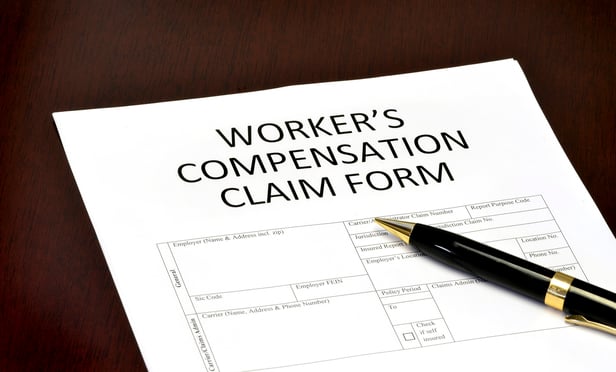In June, the Pennsylvania Supreme Court declared Section 306(a.2), the impairment rating evaluation provisions of the Pennsylvania Workers’ Compensation Act, to be unconstitutional under Article II, Section I of the Pennsylvania Constitution pursuant to the nondelegation doctrine in Protz v. Workers’ Compensation Appeal Board (Derry Area School District), 161 A.3d 827 (Pa. 2017) (Protz II). The court condemned Section 306(a.2) as delegating a “broad and unbridled” authority to the American Medical Association (AMA) to create a methodology for grading impairments without prescribed standards to restrain the AMA’s discretion. Section 306(a.2) allowed employers to request that a claimant undergo an impairment rating evaluation (IRE) to determine if their workers’ compensation benefits should be changed from temporary total to temporary partial in nature, based upon the most recent edition of the AMA’s “Guides to the Evaluation of Permanent Impairment.” The court struck Section 306(a.2) from the act in its entirety and found it to be an unconstitutional delegation of legislative authority. However, the court left the retroactive effect of its ruling unaddressed and no subsequent application was made to ask the court to clarify this aspect of its decision.
In the wake of Protz II, litigants have searched for answers as to how to address disability status that has been changed by an IRE process now deemed unconstitutional. In August, the Commonwealth Court issued its first significant post-Protz decision, applying Protz II retroactively in the appeal of a pending IRE modification claim in Thompson v. Workers’ Compensation Appeal Board (Exelon Corp.), 2017 Pa. Commw. LEXIS 596, (Pa. Cmwlth., Aug.16) (Thompson II). The court found that the claimant’s benefits had been erroneously modified from total to partial under Section 306(a.2) of the act based upon Protz II, and that the claimant did not waive her Protz issue having raised it at the first opportunity. While Thompson provides scant guidance for future cases involving differing facts, it strongly suggests that Protz II will be applied retroactively where the claim is pending and the unconstitutionality issue was preserved.



